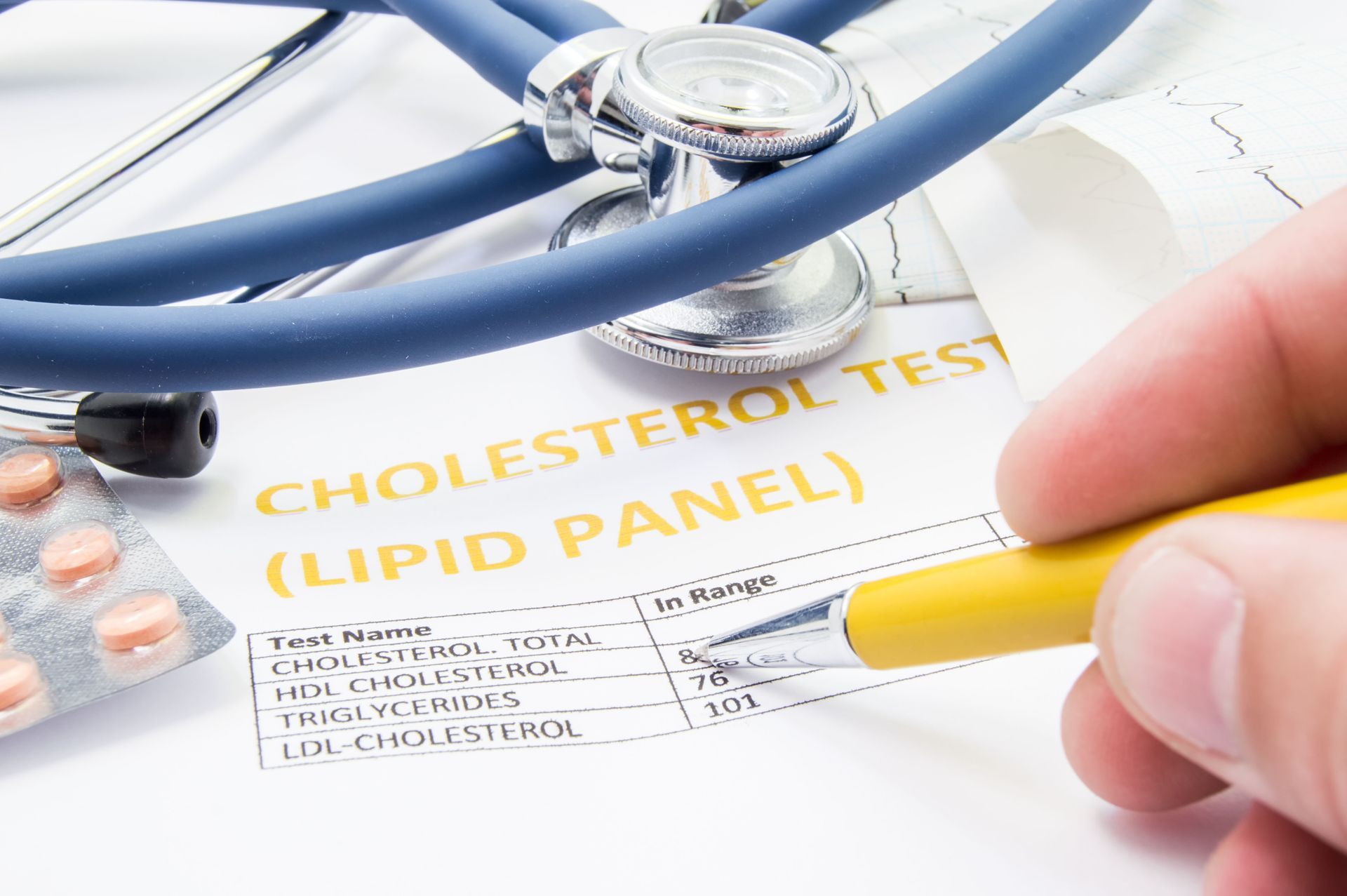Beyond Supplements: How Lecithin Impacts Our Bodies at the Cellular Level
In the health and wellness world, lecithin often emerges as a highlighted supplement praised for its potential benefits. While many appreciate it for its uses in improving heart health and aiding in digestion, lecithin does more than just sit on the shelf beside your vitamins. It impacts our bodies on a profound level, right down to the cellular structures that make us who we are. Understanding lecithin's role at the cellular level can offer insights into why it's crucial for our overall health and well-being.
Maintaining Structural Integrity of Cells
At the cellular level, lecithin takes on a vital role as a component of cell membranes. Composed primarily of phospholipids, lecithin helps maintain the structural integrity of cells, allowing them to function efficiently. According to PubMed, over 50% of the phospholipids in almost all the cell membranes of mammals are made up of lecithin. This means that cells rely heavily on lecithin to keep their walls flexible and permeable, which is crucial for nutrient absorption and waste removal.
Supporting Cognitive Health
Lecithin's contribution to cell membrane health translates into broader systemic effects. For instance, the flexibility and functionality of cell membranes are critical for nerve impulse transmission in neurons. The myelin sheath, which insulates nerve fibers and enhances the speed of signal transmission, benefits significantly from lecithin. This means that lecithin is not only important for maintaining cellular membranes but is also vital for supporting cognitive health and effective communication between neurons. Consider using non-GMO lecithin for an even more reliable source of this brain-boosting supplement.
Enabling Lipid Metabolism
Lecithin plays a role in lipid metabolism, which is essential for energy production and storage. Phospholipids in lecithin act as emulsifying agents, enabling fats to remain dissolved in body fluids, an essential step for fat digestion and absorption. This property is especially beneficial for liver function, where lecithin helps in the processing of fats and cholesterol. It supports the liver by preventing the accumulation of fatty tissue, leading to improved liver health and reduced risk of fatty liver diseases.
Maintaining Cholesterol Levels
The cardiovascular benefits linked to lecithin (or non-GMO lecithin) are partly attributed to its function at the cellular level. By influencing the balance and transportation of fats, lecithin helps maintain healthy cholesterol levels in the bloodstream. This emulsification process can reduce the overall levels of bad cholesterol, or LDL, while supporting the increase of good cholesterol, or HDL. Thus, lecithin assists in reducing plaque build-up in the arteries, enhancing heart health, and lowering the risk of cardiovascular diseases.
Strengthening Immune Response
Interestingly, lecithin's impact extends to more than just physiological benefits, as it also plays a role in the body's immune response. By maintaining cell membrane integrity, lecithin ensures optimal cell signaling and interaction with antibodies. This facilitates an efficient response to pathogens and foreign invaders, enhancing our immune system's capability to protect against infections and diseases. In this way, lecithin not only maintains cellular health but bolsters our body's defense mechanisms in the process.
Enhancing Cellular Hydration and Nutrient Transport
Lecithin also plays a crucial role in maintaining cellular hydration and enabling the efficient transport of nutrients. The phospholipid bilayer of the cell membrane, which lecithin helps form, acts as a selective barrier, controlling what enters and exits each cell. This structural design ensures that cells retain the right balance of water, ions, and nutrients while eliminating waste products. Lecithin’s amphiphilic nature—having both water-attracting and fat-attracting properties—makes it an ideal mediator for substances that need to pass through the membrane. This dual compatibility facilitates the movement of essential molecules like glucose, amino acids, and electrolytes into cells, supporting metabolism, growth, and energy production.
Lecithin's impact on the body goes beyond its status as a mere dietary supplement, embedding itself deep into cellular functionality. Lecithin proves to be a cornerstone in maintaining our overall health, particularly when you choose a non-GMO lecithin option. Its biochemical properties underscore the complexities of human biology and illustrate how pivotal molecules intricately support bodily systems. As research continues to uncover the depths of lecithin's roles, it remains clear that this compound is indispensable for thriving at the cellular level. If you're looking for a reliable provider for non-GMO lecithin supplements, choose Clarkson Specialty Lecithins. Reach out to our team today to find out more about our products!











Share On: